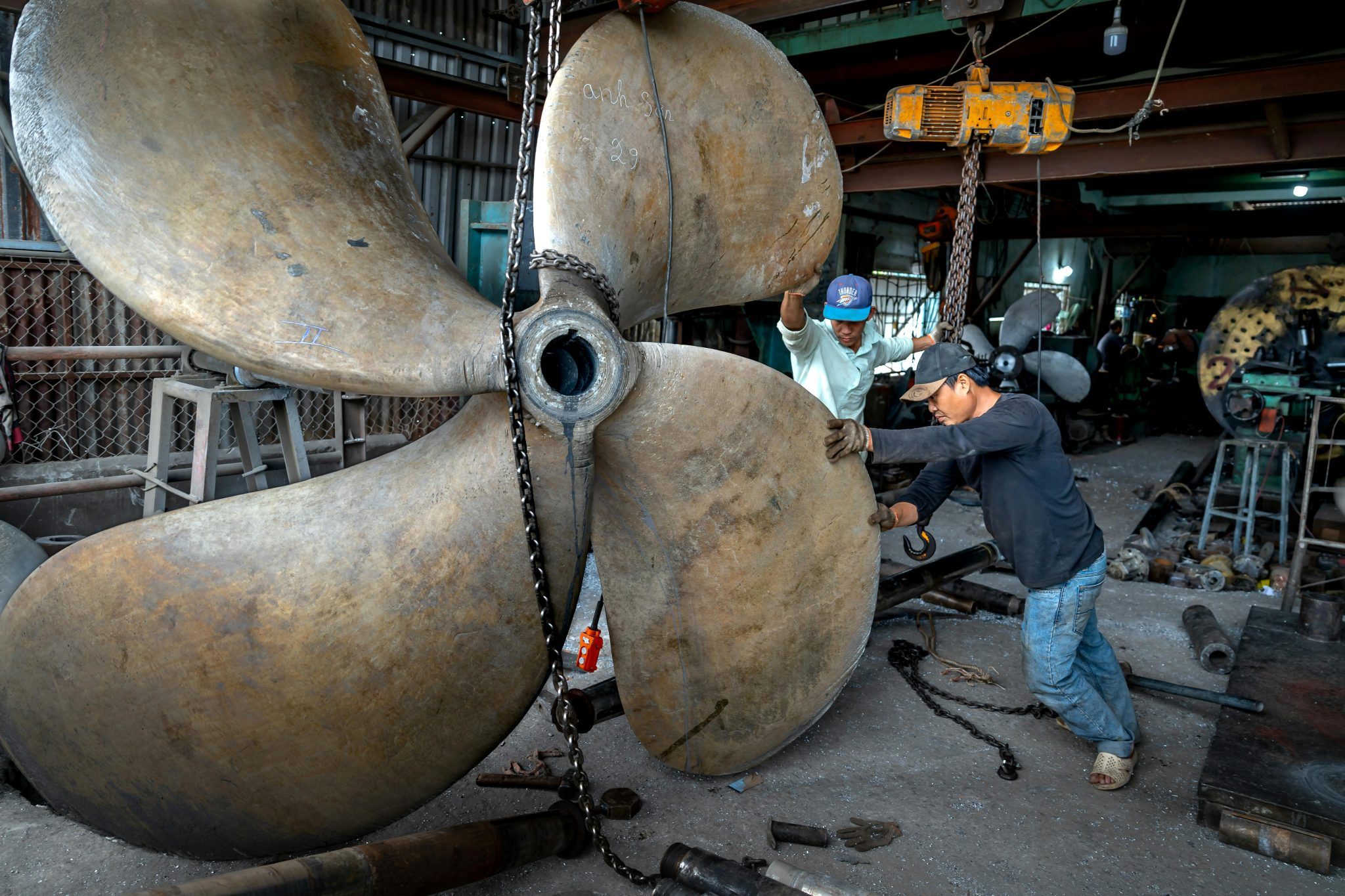Ethical Labor Supporting Fair Trade Manufacturing Practices
The fashion industry is one of the largest and most influential industries in the world, with billions of dollars generated each year. However, behind the glitz and glamour of fashion lies a dark reality – unethical labor practices in the manufacturing process. From sweatshops to child labor, the treatment of workers in the fashion industry has been shrouded in controversy for decades. This has led to a growing movement towards ethical labor and fair trade practices, where consumers are increasingly demanding transparency and accountability from the brands they support. In this article, we will delve into the significance of ethical labor in the fashion industry and the role fair trade practices play in ensuring a more just and sustainable future for workers.
The Importance of Ethical Labor in Fashion Manufacturing
Ethical labor refers to the treatment of workers involved in the production of goods, including fair wages, safe working conditions, and fair working hours. In the world of fast fashion, where clothes are produced at a rapid pace, it is not uncommon for garment workers to be paid meager wages and forced to work in hazardous environments. This is not only a violation of human rights but also contributes to the perpetuation of poverty and exploitation of workers in developing countries.
The exploitation of workers in the fashion industry has been well-documented, with reports of workers being paid as little as $2 a day and forced to work long hours without breaks. This not only affects the physical and mental well-being of workers but also limits their ability to improve their socio-economic status. With the rise of social media and increased access to information, consumers are becoming more aware of the unethical labor practices in fashion manufacturing and are taking a stand against exploitation.
Fair Trade: A Solution towards Ethical Labor in Fashion
Fair trade is a movement that aims to promote fair labor standards and better working conditions for workers in developing countries. It ensures that workers receive fair wages, work in safe and humane conditions, and have the right to unionize. Fair trade certification requires brands to adhere to specific criteria, including no child labor, no forced labor, and environmentally sustainable practices.
By supporting fair trade practices, consumers are not only ensuring the well-being of workers but also making a positive impact on the environment. Fair trade practices often involve sustainable and eco-friendly production methods, reducing the environmental impact of fashion manufacturing. This is especially important in an industry known for its excessive water and energy usage, as well as garment waste.
The Impact of Ethical Labor and Fair Trade on Workers
Ethical labor practices and fair trade have a significant impact on the lives of workers in the fashion industry. By ensuring fair wages and safe working conditions, workers are able to improve their standard of living, have access to education and healthcare, and break the cycle of poverty. Fair trade also provides opportunities for workers to learn new skills and have a career path, empowering them to have more control over their lives and futures.
Moreover, with increased accountability and transparency, fair trade practices also provide a sense of security for workers. They are able to work in an environment without fear of exploitation, abuse, or discrimination. This not only has a positive impact on their mental and emotional well-being but also promotes a sense of dignity and respect for their work.
In Conclusion
Ethical labor and fair trade practices are crucial in creating a more just and sustainable fashion industry. By supporting brands that prioritize ethical labor, consumers can make a positive impact on the lives of workers around the world. It is imperative for brands to be transparent and accountable for their manufacturing processes, and for consumers to demand ethical labor practices from the fashion industry. Together, we can create a more ethical and fairer future for workers.










